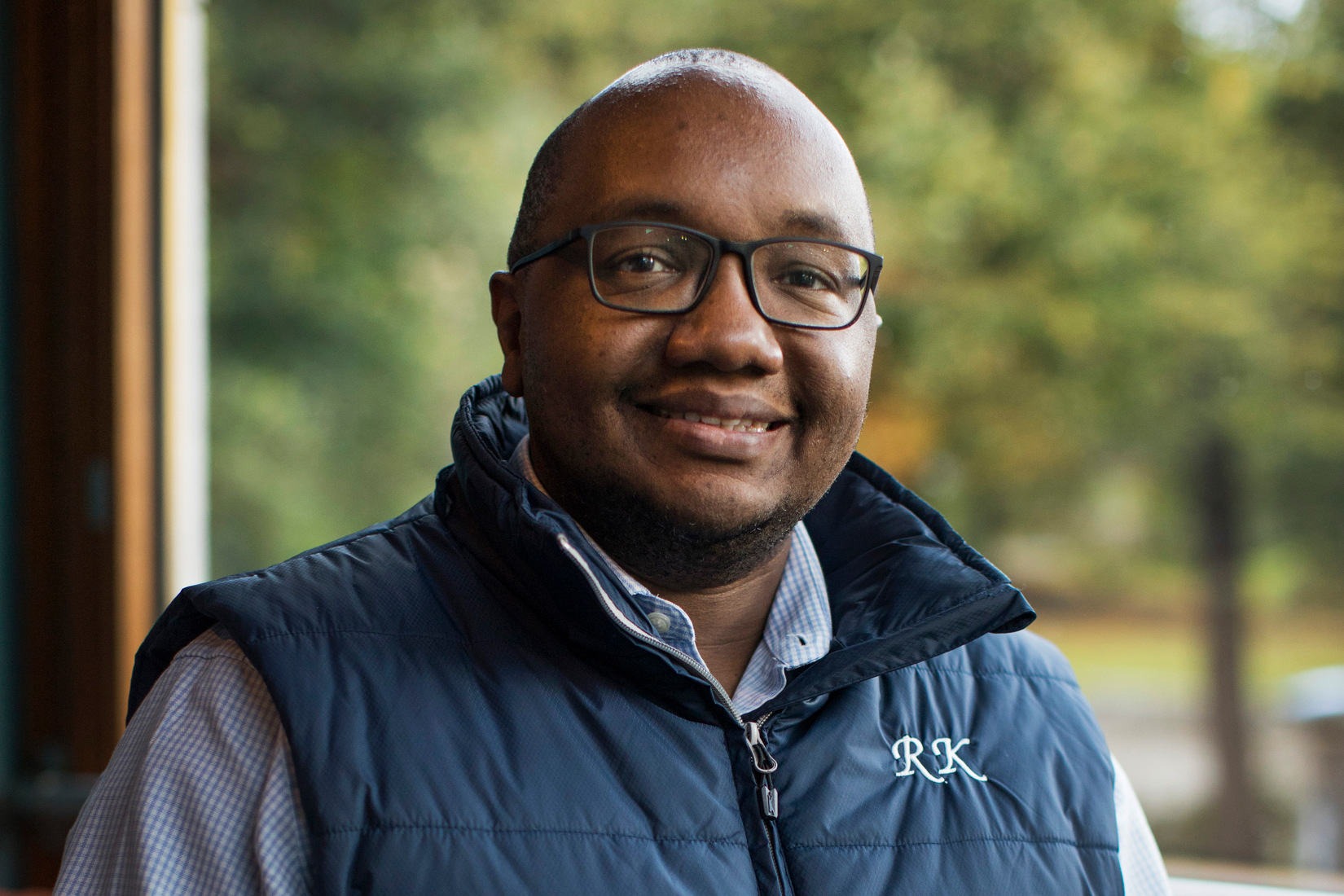What do you want to achieve when it comes to sustainability?
– For our company it’s very important to focus on our sustainability agenda because it goes hand in hand with our prosperity as a company. We realized that we can’t decide to pursue one and not the other. So it’s a commitment that we made right across the business. I think we are a forerunner, other companies are still starting and struggling. Many companies think sustainability means corporate social responsibility, so we are trying to change that mindset. Hopefully over the next few years more and more companies will start adopting a sustainable agenda, and reporting openly on this.
– Sustainability is not an event, it’s a journey. So I’m not expecting everything to happen today, tomorrow or two years down the road.
How do you present the case for sustainability – how do you motivate others?
– If I can narrow it down to a statement, it’s that we focus on the sustainability agenda, or we fail to survive. It’s as simple as that. So a sustainable agenda is very clearly linked to the survival, growth and resilience of the business. You cannot separate them. It’s the triple P approach – planet, people, profit. And you noticed I put profit at the end.
Why did you apply to SIMP?
– In the future I see myself as leading a business with a very clear focus on sustainability. I wanted to learn from other global examples and this programme has been critical for me to build my knowledge. We are a very diverse group, so I feel that the SIMP programme really is a programme designed for me to build my skills, share my skills and learn from others.
What are your takeaways from being the Swedish business context?
– I saw a lot of innovation in Sweden, the companies are constantly thinking out of the box in terms of coming up with new products and services. So innovation is key here. Given the size of the country and the small population, Sweden is very export oriented, so these companies are looking for opportunities across borders. We just spent time in Kiruna with LKAB and learning what companies like that are doing from a sustainability perspective is something I can feed back into our business.
What is your advice to anyone thinking of applying to SIMP?
– Don’t even think twice, just do it! It’s a very rewarding programme. It takes a lot of effort and time – I’ve put everything on hold for two and a half weeks, it’s a busy programme. I’m spending an extra two nights in Stockholm, because I haven’t really seen the city!
– Come prepared and with an open mind. It’s a very good network and platform, you meet people you would otherwise not have met, and you now have contacts in those countries, both from a business, professional and personal perspective.
Read more about the Swedish Institute Management Programme Africa (SIMP) here.
